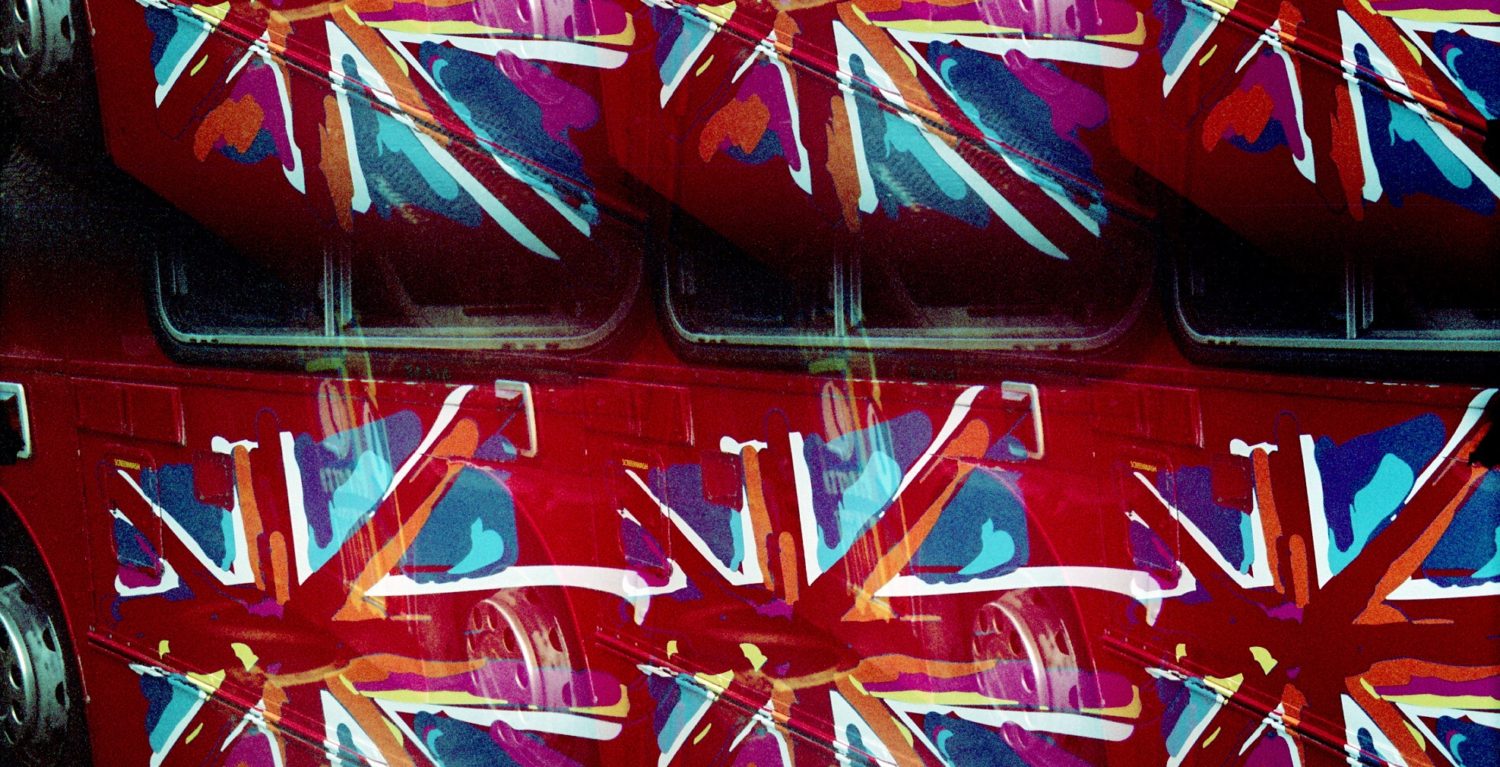Losing sides
Labour needs to embrace both internationalism and patriotism if it is to rebuild after electoral disaster, argues Chris Clarke.
In the weeks since the general election, Brexit has been persistently talked of by supporters of Jeremy Corbyn as an act of God. The idea is that the fallout from the 2016 referendum, not the party leadership, did for Labour – blowing a hurricane onto the political scene.
The arguments against this analysis are many and varied. In particular, it is bizarre to see Corbyn presented as a unifying figure – let alone as a wily strategist, attempting to stitch together a Remain-Leave coalition. In reality, his career has been defined by the view that politics is a struggle between good and evil. And his core appeal was as a man of principle who couldn’t find the centre ground if you paid him.
The deeper truth, however, about which we must be fair to Corbyn is that Brexit is the culmination of a long-running, existential dilemma within left politics. How can Labour reconcile its working-class base and its cosmopolitan one? Are we the party of ex-mining towns or of migrants in big cities?
Moreover, Brexit has come to act as a proxy for the wider challenge the left faces, thanks to globalisation. Growing interconnectedness has made socially liberal and internationalist policies easier to enact. But it has made economically collectivist ones harder to deliver, thanks to an economy unconstrained by national borders. This creates a conflict between, for instance, left-wing support for high immigration and for low inequality.
The ideal Labour approach to these problems would be made up of two elements.
First, we’d embrace internationalism, putting ourselves at the heart of world institutions, extending their democratic remit, and championing transnational, egalitarian policies. We’d be pro-migration, pro-Paris Accord, pro-EU, pro-NATO, pro-Tobin Tax, pro-trade, pro-refugee, etc. We’d champion Europe-wide policies on tax avoidance, high pay and regulation of the financial sector, and progressive, global agreements about how many refugees each country takes. We’d trust that international cooperation is our best bet.
Second, however, we’d reassure people that this wouldn’t stop Britain and other countries from being separate places with distinct identities. To do this we’d have to abandon our squeamishness about the Union Jack, the Royal Wedding or a good-natured football rivalry. We’d identify the elements of our culture which most people can agree are positive and which distinguish us as a country. And we’d jettison the aspects of left-wing identity politics which verge on farce – picking retrospective fights about whether Winston Churchill was a racist, for instance, or manufacturing outrage about ‘cultural appropriation’.
This would win us permission to make internationalist commitments on immigration. It would help get to the root of wealth inequality and climate change – yet make clear that this doesn’t diminish what Britain stands for. It could create a modern equivalent to the politics of Clement Attlee – who came close to promoting a ‘world state’ as a solution to war and want, while reclaiming patriotism from the right.
It’s hard to think of a leader less equipped than Jeremy Corbyn to take on these challenges. It should be regarded as a tragedy that we chose him as the man to do so.
Corbyn has historically been unilateralist, anti-NATO, protectionist and Eurosceptic, opposed to intervention of all kinds and international cooperation of most (it is hard to imagine him hammering out an emissions deal with China, for instance). He sees transnational organisations as vehicles for imperialism and supports siege economics and ‘socialism in one country’.
Yet culturally Corbyn indulges in petty, anti-patriotic gestures – refusing to meet The Queen or sing the anthem. He sees national pride as a Trojan horse for racism and is easily badged as un-British by those whose backing we need most. He is perceived as supporting the unsupportable when it comes to the IRA and other causes. He speaks mainly to left-wing academics in cosmopolitan hubs and appears to think we have failed on every level as a nation.
Hence, when the election came last month, Corbyn was trusted neither by Leavers nor Remainers. He was seen as culturally rootless by the former – despite being a lifelong Eurosceptic who opposed free movement. And he appeared economically nationalist to the latter – despite being on their cultural wavelength and supporting a second referendum.
This blend of protectionism without patriotism is pointless – the worst of every world. It strikes the poses of internationalism and modernity, while rejecting the forms of global cooperation which might solve the big problems.
It is the result of a mindset built on three foundations, which I characterise as the Dark Knight, the Puppet Master and the Golden Era. They describe, respectively, the left populist tendencies towards moral tribalism, conspiracism and decline narratives.
As David Aaronovitch wrote before Christmas, it’s these myths which now find Labour marooned on ‘fantasy island’. And they take us to precisely the wrong place when it comes to the questions outlined above.
The Dark Knight mentality, for instance, means the left instinctively sides – on the basis of Cold War, class war and culture war affiliations – against Britain and Britishness. The Puppet Master, meanwhile, allows the left to see internationalist institutions like the EU as imperialist, ‘Frankenstein’ projects. The Golden Era uses the cod economic term ‘neoliberal’ to imagine an all-encompassing slide to the right since the 1950s – against which knee-jerk protectionism is the only salve.
Labour is now marooned. We appealed neither to Leave-voting heartlands nor to the pragmatic Remainers of Middle England. Meanwhile, the UK faces a hard Brexit. We are led by a Conservative party which is nationalist and xenophobic on every cultural issue, yet which seems relaxed about us becoming a low-tax outpost, dependent on global finance.
It is time to abandon the myths which have somehow led us to believe that both internationalism and patriotism are our enemies.
Photo credit: Slimmer_Jimmer/Flickr

